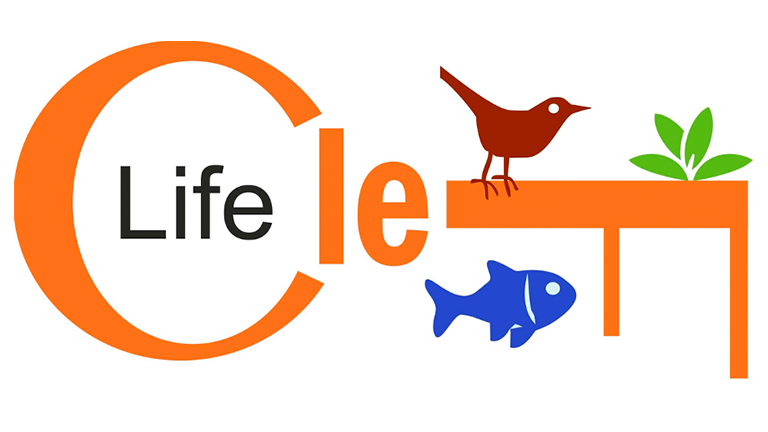LifeCLEF is a yearly event aimed at boosting research in biodiversity data science through machine learning-oriented challenges. The competition is opened to any interested research team, developer, student, etc. Specifically, the 2021 edition of LifeCLEF includes four challenges: PlantCLEF: cross-domain plant identification based on herbarium sheets, BirdCLEF: bird species recognition in audio soundscapes, GeoLifeCLEF: location-based prediction of species based on environmental and occurrence data and SnakeCLEF: image-based snake identification. The Inria team co-organizes the event in the Cos4Cloud project framework, and it is mainly involved in the plant identification challenge (PlantCLEF) and the species prediction challenge (GeoLifeCLEF).

“This event is very relevant to Cos4Cloud because we could directly integrate some of the models developed in the context of GeoLifeCLEF challenge in AI-GeoSpecies service”, states Alexis Joly, researcher and leader of Pl@ntNet & LifeCLEF at INRIA. He also leads the development of four of the eleven services that Cos4Cloud will offer; among them, AI-GeoSpecies is one, it is a web-app that shows the list of species that are the most likely to be observed at a given location.
Photo: Alexis Joly.
Join any of the challenges and enjoy!
Each participant will develop their own method/algorithm to solve the targeted task. Once ready, the organizers will conduct a comparative study of the developed methods thanks to a standard evaluation dataset; this way, participants will evaluate their technology by comparing it to the state-of-the-art.

The challenges’ results will be published in technical reports and scientific articles and presented at the Conference on Computer Vision and Pattern Recognition (CVPR), among other things. “But that is not all; another reason to participate is that the winner for each challenge will receive a 5K$ grant of cloud computing resources on Microsoft AZURE platform”, highlights Alexis Joly.
LifeCLEF 2021 started in March and will close with a workshop in Bucharest. The objective of this conference is to give the participants and organizers the opportunity to meet and exchange the impressions and results about the challenge. The workshop will also include a broader scope of speakers who talk about diverse citizen observatories.
LifeCLEF was created in 2014 as a continuation of the plant identification task that was run within the ImageCLEF lab the three years before (2011, 2012, 2013). LifeCLEF lab is part of the Conference and Labs of the Evaluation Forum (CLEF). LifeCLEF 2021 organizers are: Pl@ntNet, Cos4Cloud, Université de Genève, Cornell Tech, Inria, Technische Universität Chemnitz, Université Monpellier and CNRS (The French National Centre for Scientific Research) and the Faculty of Applied Sciences of the University of West Bohemia.
Registration information
- Interested participants can register here and then follow the instructions of each challenge on the LifeCLEF website (GeoLifeCLEF 2021, BirdCLEF 2021, PlantCLEF 2021, SnakeCLEF 2021).
- Contact: lifeclef-org@inria.fr
LifeCLEF 2021 takes place throughout the year with several key milestones including:
- The submissions of results by participants (May)
- The writing and review of technical reports and papers (June)
- The workshop organized in the context of CLEF conference (http://clef2021.clef-initiative.eu/)
LifeCLEF is organized in the CLEF context, it consists of independent peer-reviewed workshops on a broad range of challenges in the fields of multilingual and multimodal information access evaluation, and a set of benchmarking activities carried in various labs designed to test different aspects of mono and cross-language Information retrieval systems. More details can be found on the CLEF 2021 website.

















